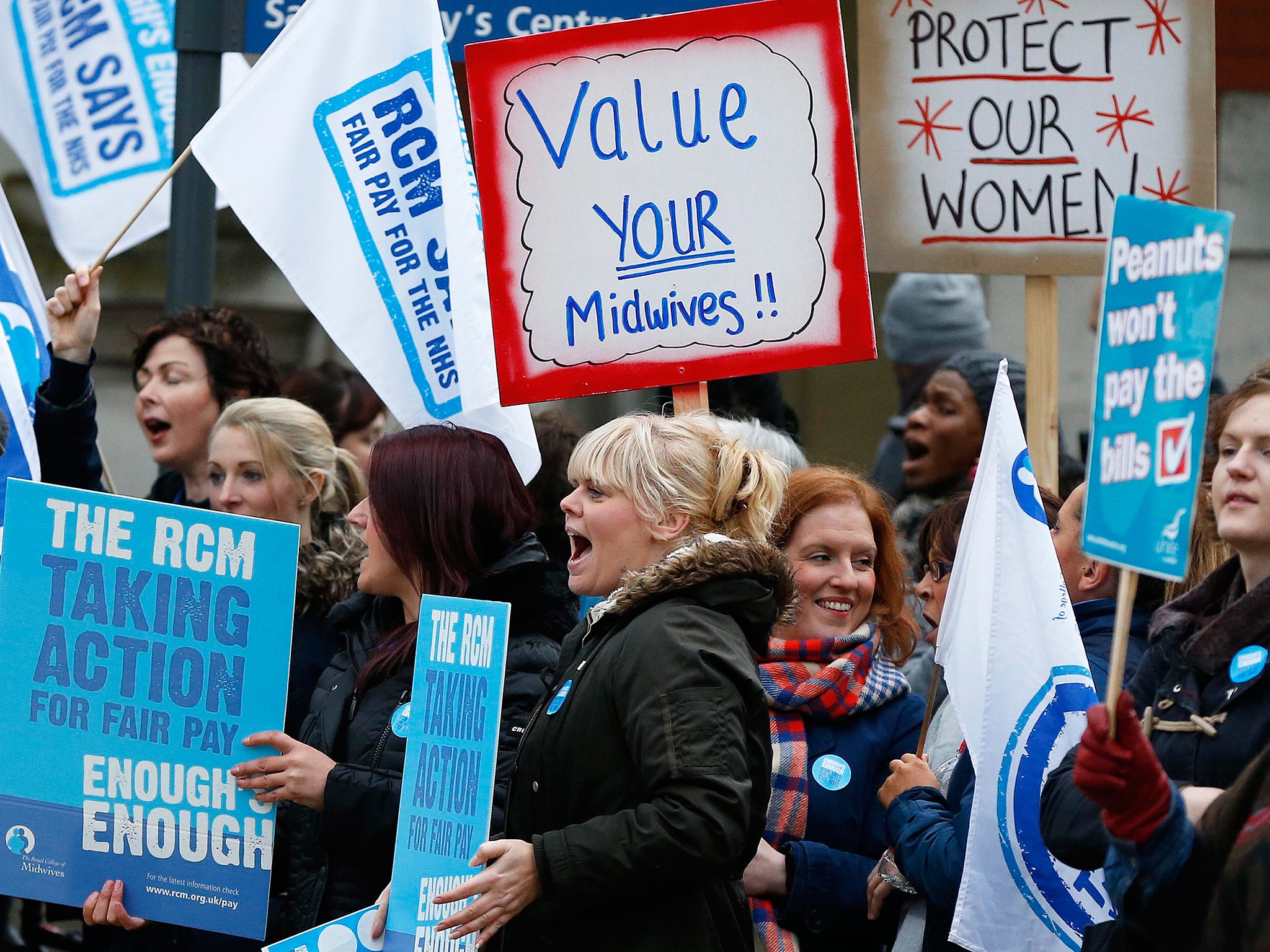Your support helps us to tell the story
From reproductive rights to climate change to Big Tech, The Independent is on the ground when the story is developing. Whether it's investigating the financials of Elon Musk's pro-Trump PAC or producing our latest documentary, 'The A Word', which shines a light on the American women fighting for reproductive rights, we know how important it is to parse out the facts from the messaging.
At such a critical moment in US history, we need reporters on the ground. Your donation allows us to keep sending journalists to speak to both sides of the story.
The Independent is trusted by Americans across the entire political spectrum. And unlike many other quality news outlets, we choose not to lock Americans out of our reporting and analysis with paywalls. We believe quality journalism should be available to everyone, paid for by those who can afford it.
Your support makes all the difference.MPs' pay is set to dramatically outstrip both public sector and private sector wages, according to new statistics released today.
The Office for National Statistics said wages were 1.9 per cent higher in the first quarter of 2014 compared to last year, a figure hailed by ministers as the biggest increase since 2008.
But the announcement comes as MPs are set to get a £7,000 – or 10.9 per cent – pay rise this year, from £67,000 to £74,000.
The Conservatives have also pledged to cap public sector pay increases at 1 per cent, meaning many working in public services will be left even further behind.
MPs' pay is not decided by the government but by an independent pay authority which the Coalition gave control of wages to.
Marcial Boo, chief executive of the Independent Parliamentary Standards Authority, said last year that MPs should not be paid what he described as a "miserly amount" to do their jobs.
The raise could happen within months, with the Daily Telegraph newspaper reporting this morning that any rise could be backdated to the general election.
All the party leaders have set themselves against the rise before the general election, but some MPs have spoken out to defend an increase.
Jack Straw, foreign secretary under Tony Blair, said in 2013 that not increasing MPs' wages would deter “people from modest backgrounds” from entering politics.
Sir Malcolm Rifkind, a minister in the last Conservative government, also said in February this year that it was "unrealistic" to expect MPs to live on £67,000 a year.
Both MPs have since had the whip withdrawn by their respective parties over an unrelated alleged 'cash for access' scandal.

Join our commenting forum
Join thought-provoking conversations, follow other Independent readers and see their replies
Comments